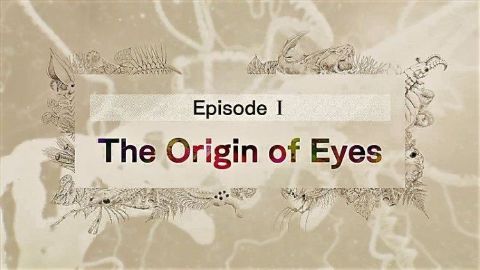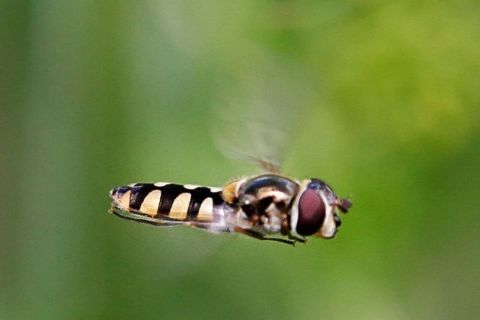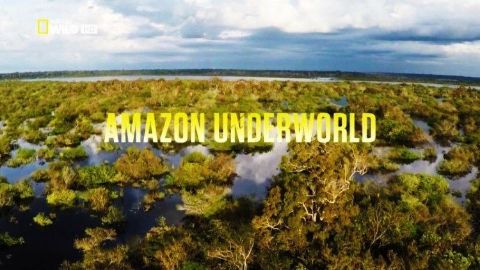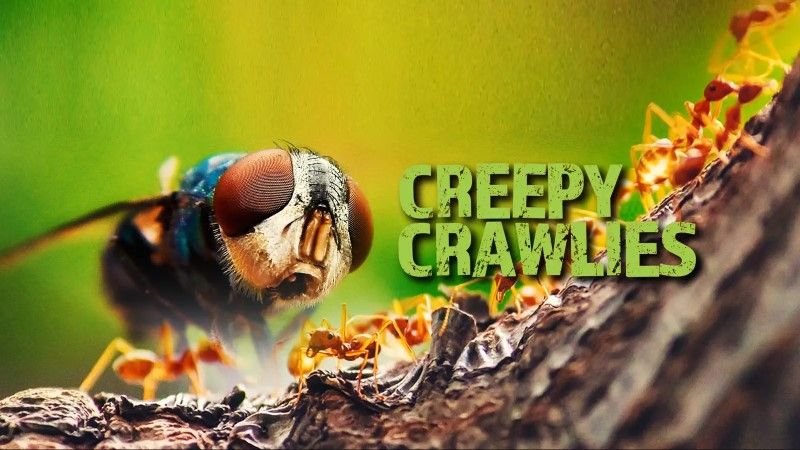The Origin of Eyes • 2016 • episode "S1E1" • Leaps in Evolution
Five hundred million years ago, our previously eyeless distant ancestral creatures suddenly developed eyes, thereby marking a dramatic leap in evolution. What enabled our ancestors to suddenly evolve with eyes has been a long-unresolved great mystery in the history of our life. Now, scientists are close to cracking the mystery of the amazing story of the birth of our eyes, using cutting-edge DNA research. Travel back to a super realistic prehistoric world recreated by CGI to witness the astonishing story behind the birth of our eyes.
Make a donation
Buy a brother a hot coffee? Or a cold beer?
Hope you're finding these documentaries fascinating and eye-opening. It's just me, working hard behind the scenes to bring you this enriching content.
Running and maintaining a website like this takes time and resources. That's why I'm reaching out to you. If you appreciate what I do and would like to support my efforts, would you consider "buying me a coffee"?
Donation addresses
BTC: bc1q8ldskxh4x9qnddhcrgcun8rtvddeldm2a07r2v
ETH: 0x5CCAAA1afc5c5D814129d99277dDb5A979672116
With your donation through , you can show your appreciation and help me keep this project going. Every contribution, no matter how small, makes a significant impact. It goes directly towards covering server costs.






